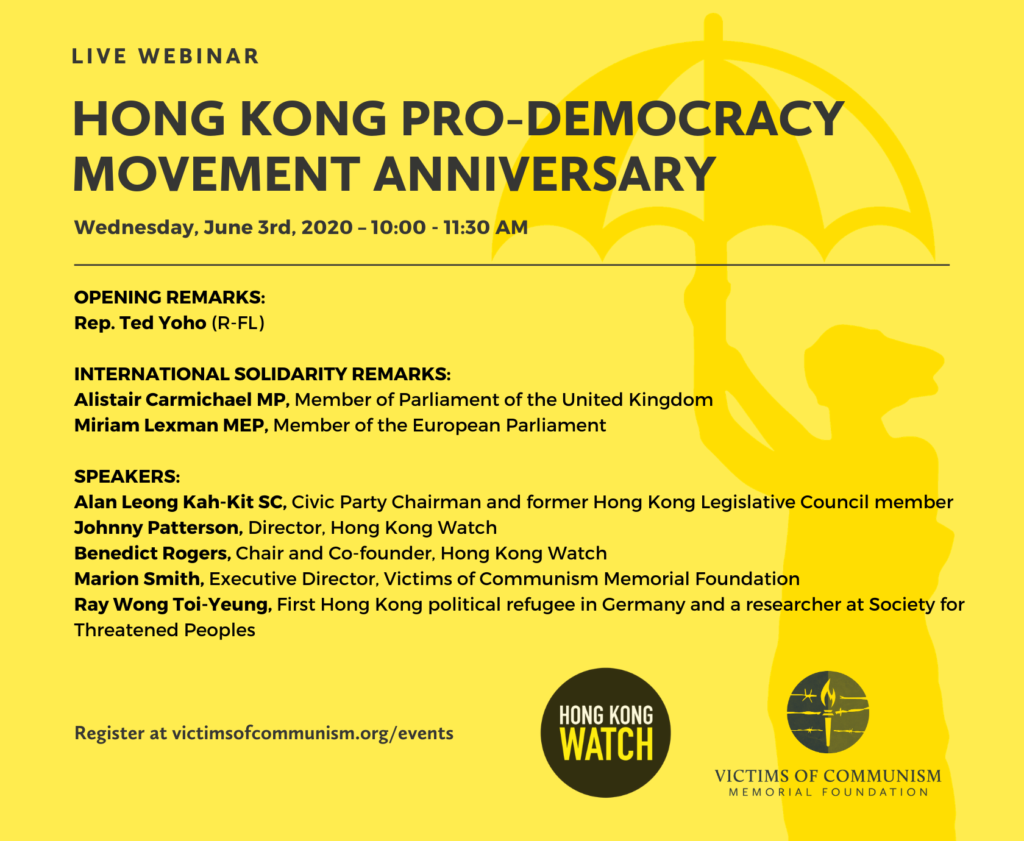#HK is like Berlin of the last Cold War. If HK falls for lack of US actions against China, Taiwan will follow, and so will US
interests in Asia. It is the right time to take actions on China as it is facing the worst economic downturn .@GordonGChanghttps://t.co/MHrG4ZE8Ee
— Jimmy Lai (@JimmyLaiApple) May 28, 2020
Shortly after China confirmed it would bypass Hong Kong’s legislature to impose new security legislation, the pro-democracy activist Jimmy Lai tweeted that the former British colony had become “like Berlin of the last Cold War.” Unfortunately for Lai and other liberals in the territory, he’s probably wrong. If there is a parallel to draw, it may well be with Russia’s more recent decision to annex Crimea from Ukraine, according to Bloomberg’s Marc Champion and Peter Martin:
The similarity lies in China’s approach, according to Lai, who hopes the U.S. will recognize the change in Beijing and mobilize to counter any encroachment on Hong Kong’s self-rule with the same determination it displayed in 1948, when Stalin sought to bring all of allied occupied Berlin under Soviet control. If the U.S. and other international powers fail to stand up to Xi over Hong Kong now, then Taiwan and other U.S. interests in Asia will soon fall to Beijing’s domination, says Lai, speaking in a phone interview from Hong Kong, where he is executive director of Next Digital Ltd., a media conglomerate that owns the Apple Daily newspaper. President Harry Truman ordered a massive airlift to counter the Soviet blockade of West Berlin, drawing a clear red line against further Soviet expansion in Europe.
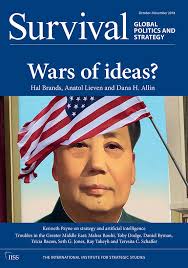 Like the old Cold War, the new U.S.-China contest is one of opposing values, according to Lai. He says Hong Kong’s liberals are natural U.S. allies in that fight and could provide a bridgehead to disseminate their common values among mainland Chinese, even persuading them to rise up against the Communist Party regime. By contrast, the party “would take this opportunity to attack Taiwan, if they think the U.S. is not strong willed enough to hold against China,” Lai says. “The hegemony of the U.S. in Asia would be fully discredited.”
Like the old Cold War, the new U.S.-China contest is one of opposing values, according to Lai. He says Hong Kong’s liberals are natural U.S. allies in that fight and could provide a bridgehead to disseminate their common values among mainland Chinese, even persuading them to rise up against the Communist Party regime. By contrast, the party “would take this opportunity to attack Taiwan, if they think the U.S. is not strong willed enough to hold against China,” Lai says. “The hegemony of the U.S. in Asia would be fully discredited.”
The difficulty for Lai and other westward-looking liberals in Hong Kong is that, as in Ukraine, the U.S. threat of war that eventually forced Stalin to abandon his blockade of Berlin isn’t credible today. There are no U.S. troops on the ground; and there will be no Seventh Cavalry, Champion and Martin observe.
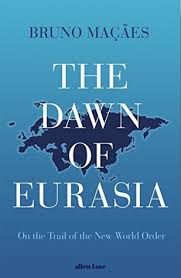 “China, at least in Europe, was until now seen as a more responsible and predictable actor than Russia,” says Bruno Macaes, a former secretary of state for European affairs in Portugal and author of two books on China’s rise, including The Dawn of Eurasia: On the Trail of the New World Order. Xi’s decision to ignore Western complaints in Hong Kong, combined with the emergence of aggressive so-called wolf-warrior diplomacy since the spread of Covid-19 this year, suggests that distinction is disappearing. “This is kind of a Crimea moment for China,” says Macaes.
“China, at least in Europe, was until now seen as a more responsible and predictable actor than Russia,” says Bruno Macaes, a former secretary of state for European affairs in Portugal and author of two books on China’s rise, including The Dawn of Eurasia: On the Trail of the New World Order. Xi’s decision to ignore Western complaints in Hong Kong, combined with the emergence of aggressive so-called wolf-warrior diplomacy since the spread of Covid-19 this year, suggests that distinction is disappearing. “This is kind of a Crimea moment for China,” says Macaes.
The CCP is already expanding ideological indoctrination to HK schools. China’s teachers have been forced for years to serve as enforcers of the authoritarian regime’s ideology, swapping school education with government propaganda, Han Sheng writes for Bitter Winter:
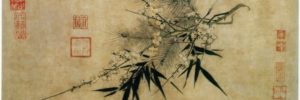
Bitter Spring
Over the past week, education departments in Hunan, Sichuan, and other provinces issued recruitment notices for teachers from primary and secondary schools and kindergartens to work as teaching instructors in Hong Kong and Macao. The primary qualification criteria are not teaching skills but membership in the CCP, “firm political stance,” and “support for the central government’s policies on the work in Hong Kong and Macao.”
Hong Kong’s 2003 mobilization against an anti-subversion law was the largest protest since the 1997 handover and a shock to both the government and its citizens. After those demonstrations, protests in Hong Kong became more frequent, demands for real elections grew, and NGOs, religious organisations, professional groups and ordinary residents became more involved, The Guardian reports.
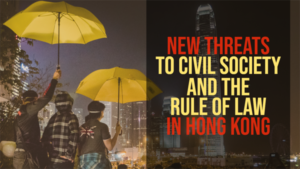
National Endowment for Democracy (NED)
“It is fair to describe that moment in history as an awakening of Hong Kong civil society,” said Alan Leong, a senior barrister and chairman of the Hong Kong Bar Association at the time.
“We knew if we did not save ourselves we cannot count on the [Hong Kong] government or the Chinese Communist party to honour their promises. If we do not stand up for our own freedoms and human rights, we will lose them in no time.”
But Beijing’s imposition of a new national security law presents an altogether more daunting challenges, observers suggest.
While there is little that can be done to stop it, experts say Beijing is in for a long struggle, The Guardian adds.
“I think this will trigger a very strong and sustained resistance. People in Hong Kong have completely lost trust in the People’s Republic of China to honour its political promises,” said Ming Sing, associate professor at Hong Kong University of Science and Technology.
